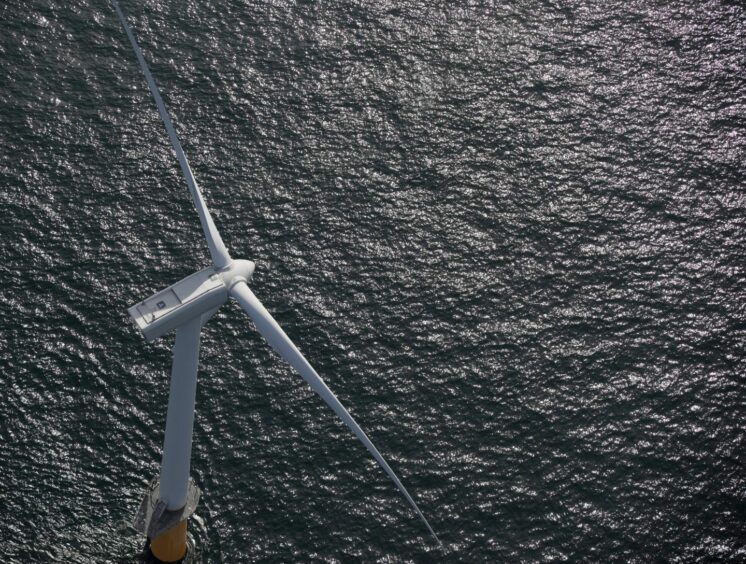
New renewables projects will be exempt from the Electricity Generator Levy under new plans from the UK Government.
Publishing the Autumn Budget today, the Treasury said it will legislate to ensure new renewables projects will be exempted if their sanction decisions are made on or after November 22, 2023.
Introduced during last years’ Autumn Budget, the Electricity Generator Levy (EGL) imposed a temporary 45% tax rate on “extraordinary profits” of renewables firms enjoying higher power prices.
The move has been slammed by the sector as a “penalty” on renewables pioneers, and comes as the sector now faces wide-ranging challenges around inflation.
Along with the new exemption, the Treasury said it will bring forward legislation to provide the Crown Estate with borrowing and wider investment powers to unlock a further 20-30 gigawatts (GW) of new offshore wind seabed rights by 2030.
Last week, the government set out plans to increase the maximum price that can be received at the next Contracts for Difference (CfD) auction round after the Allocation Round 5 (AR5) in September received zero bids.
The EGL is expected to end as planned on March 31, 2028.
Colin Smith, Energy and Infrastructure Tax Partner at PwC UK, said: “It is helpful that the government has listened to businesses and is seeking to remove potential EGL-related barriers to new electricity generation. However, the beneficial impact may be limited, given the long lead time between making a final investment decision and reaching first power, and the EGL sunset date of 31 March 2028.”
The offshore wind sector, like much of the economy, has been hit hard by inflation. This increases not only the cost of materials like steel and the services needed to complete projects, but also the cost of capital and finance to fund them.
This was just one of the reasons the industry gave for the lack of successful bids for offshore wind projects in AR5, the results of which were shared in September.
Capital allowances on investments — a form of tax relief designed to ease upfront costs — will remain in place under the latest Treasury plans.
This means companies can reduce their tax by as much as 25p for every £1 ($1.2) they spend on plants and machinery, according to Wednesday’s Autumn Statement. It’s the latest sign that governments are taking notice of the crisis engulfing the global offshore wind sector, which is key to Britain’s transition strategy.
However, Scottish Renewables CEO Claire Mack said the measures don’t go far enough.
“The measures announced, particularly that capital full expensing will be made permanent and the introduction of an investment allowance in the Electricity Generation Levy, are not enough on their own. We urgently need consistent policies to provide an environment which will enable businesses to invest at the scale needed right now.
“We’re pleased the UK Government has recognised that it needs to significantly improve the time it takes renewable energy projects to connect to the electricity network, and anything that helps to expedite that process is welcome.
“While today’s announcements, made in response to the Electricity Network Commissioner’s report in August, such as measures to cut grid access delays by 90%, are positive and welcome, they must be supported by reform in the electricity system operator and network companies.”
Recommended for you

